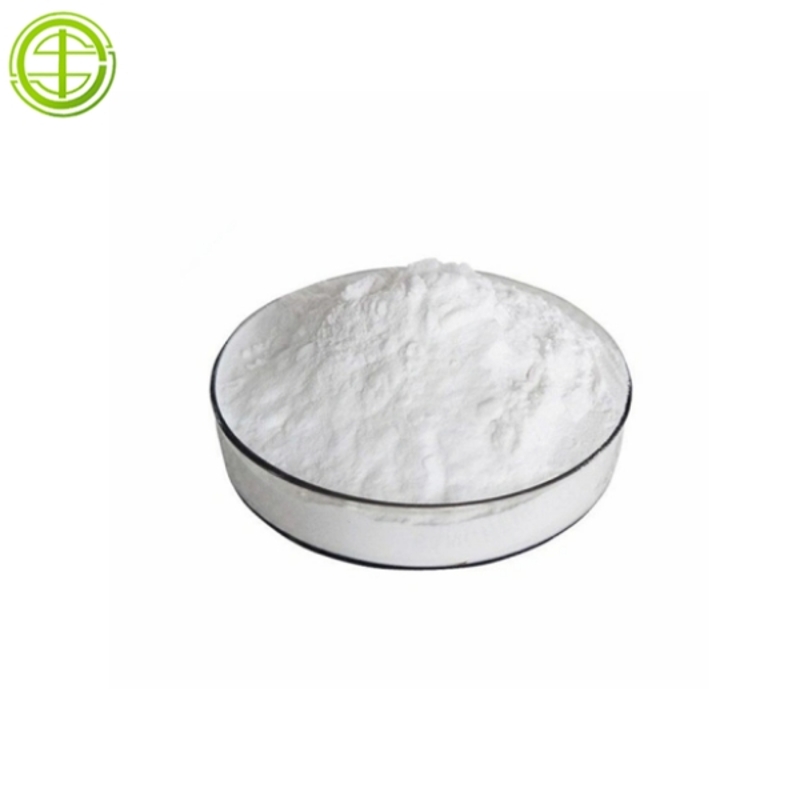-
Categories
-
Pharmaceutical Intermediates
-
Active Pharmaceutical Ingredients
-
Food Additives
- Industrial Coatings
- Agrochemicals
- Dyes and Pigments
- Surfactant
- Flavors and Fragrances
- Chemical Reagents
- Catalyst and Auxiliary
- Natural Products
- Inorganic Chemistry
-
Organic Chemistry
-
Biochemical Engineering
- Analytical Chemistry
- Cosmetic Ingredient
-
Pharmaceutical Intermediates
Promotion
ECHEMI Mall
Wholesale
Weekly Price
Exhibition
News
-
Trade Service
Canned food is a delicious food, and it is very convenient to eat.
It can save us a lot of time and let us work more at ease.
So what is the nutritional level of such a great and convenient canned food? What are the potential hazards of canned food?
What is the nutritional level of canned food
What is the nutritional level of canned food People usually think that canned food is not as nutritious as fresh or frozen food, but research shows that this is not always the case
.
In fact, canned food can retain most of the nutrients in food
.
Protein, carbohydrates and fats are not affected by the canning process, and most minerals and fat-soluble vitamins (such as vitamins A, D, E, and K) are also retained
.
However, because canning usually requires high-temperature heating, water-soluble vitamins (such as vitamin C and B) may be destroyed
.
These vitamins are usually sensitive to heat and air, so they are also lost in normal processing, cooking, and household storage methods
What are the potential hazards of canned food
What are the potential hazards of canned food 1.
Contains added salt, sugar or preservatives
Contains added salt, sugar or preservatives
Salt, sugar and preservatives are sometimes added during the canning process
.
Some canned foods may be high in salt and sugar, increasing the risk of diseases including obesity, heart disease and type 2 diabetes
2.
May consume a lot of BPA
May consume a lot of BPA may consume a lot of BPA
BPA (bisphenol A) is an edible substance that is often used in food packaging, including canned food
.
Studies have shown that BPA in canned food can migrate from the can to the food it contains
.
Despite the mixed evidence, some human studies have linked BPA to health problems such as heart disease, type 2 diabetes, and male sexual dysfunction
.
If you want to minimize exposure to BPA, it is best not to eat a lot of canned food
.
3.
May contain deadly bacteria
May contain deadly bacteria 3.
May contain deadly bacteria
Although this is extremely rare, canned food that is not processed correctly may contain a dangerous bacterium called Clostridium botulinum
.
Eating this contaminated food can cause botulism, and if left untreated, it can be a serious disease that may lead to paralysis and death
However, most cases of botulism come from foods that are not properly canned, prepared at home, and botulism in commercial canned foods is rare
Although canned foods are from regular manufacturers, there is still a risk of infection with certain viruses.







